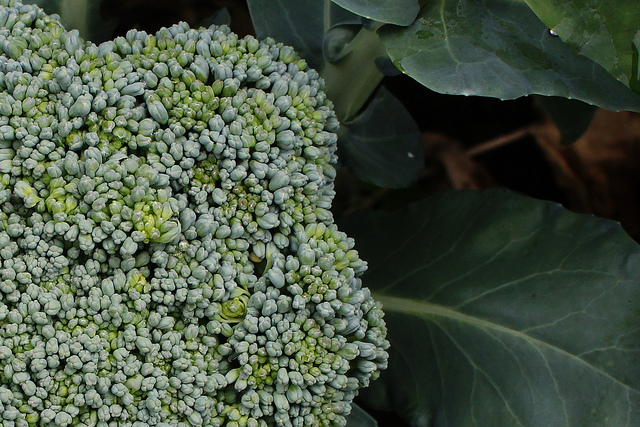
A compound found in cruciferous vegetables like broccoli, cauliflower and cabbage can help treat autism, according to a new study.
Interestingly, treatment with a daily sulforaphane helped improve social and behavioural symptoms of young people affected with autism spectrum disorder (ASD), within one month of starting the medication.
Autism is a developmental disorder that leads to significant social, communication and behavioural changes. More than tens of millions of people in the world are affected by the disorder, according to the organisation Autism Speaks.
The current study is based on a 2007 research that investigated reasons of an improved social skill found in autistic children, while they suffered from fever. Researcher Andrew Zimmerman and colleagues found that this occurrence was due to the stimulation of a cellular stress response during fever, i.e. certain cellular mechanisms that were "held in reserve "were turned on through activation of gene transcription".
This finding encouraged Zimmerman to approach Paul Talalay, a professor of Pharmacology and Molecular Sciences at Johns Hopkins, who has been credited with isolating sulforaphane in the 1990s. He has also succeeded in explaining how the compound supported certain basic characteristics of cell stress response system.
As the exact reasons that lead to the condition remains unclear, research in the past has shown that several molecular abnormalities in cellular stress response played a huge role in this occurrence.
The study looked at 40 autistic men aged between 13 and 27. During the study, 26 participants were treated with a daily sulforaphane and the rest 14 received a placebo for 18 weeks. The compound used in the study was extracted from broccoli sprouts. Participants underwent tests that measured their behaviour and social interaction at different stages of the study including at four, 10 and 18 weeks.
At the end of the treatment, participants who received sulforaphane showed improvement in various symptoms of the disorder mainly irritability, repetitive movements, communication, motivation, lethargy, hyperactivity and mannerisms. A follow -up assessment conducted one month after discontinuing the treatment reassured benefits of sulforaphane treatment.
"When we broke the code that revealed who was receiving sulforaphane and who got the placebo, the results weren't surprising to us, since the improvements were so noticeable," co-corresponding author of the study Zimmerman, said in a news release . "The improvements seen on the Social Responsiveness Scale were particularly remarkable, and I've been told this is the first time that any statistically significant improvement on the SRS has been seen for a drug study in autism spectrum disorder."
The study has been reported in PNAS.
Similar to the current study, research in the past has shown that regular consumption of cruciferous vegetable broccoli helped fight asthma and other cruciferous vegetables like Brussels sprouts, cauliflower and cabbage, protected against lung damage and reversed its effects.













